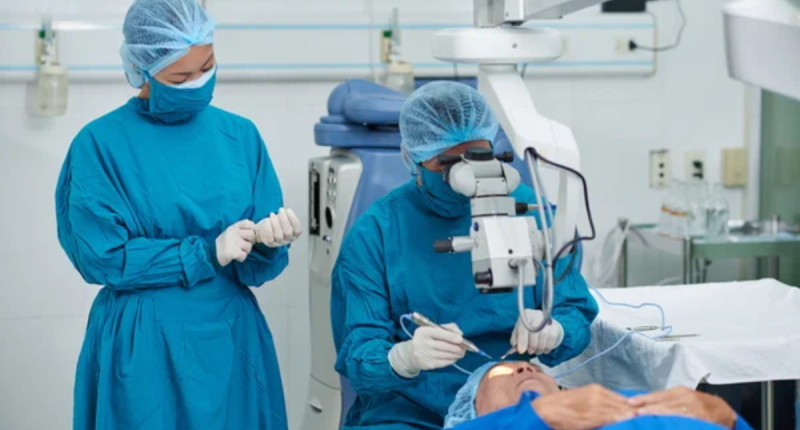Refractive surgery is a type of eye surgery that corrects vision problems by reshaping the cornea, the clear front part of the eye. The most common types of refractive surgery are LASIK (laser-assisted in situ keratomileusis) and PRK (photorefractive keratectomy).
Refractive surgery is a very safe and effective procedure, but it is important to follow your doctor’s instructions carefully after surgery to ensure the best possible outcome. Here are five maintenance activities you should do after refractive surgery for healthy eyes:
1. Take All Medications As Prescribed By Your Doctor
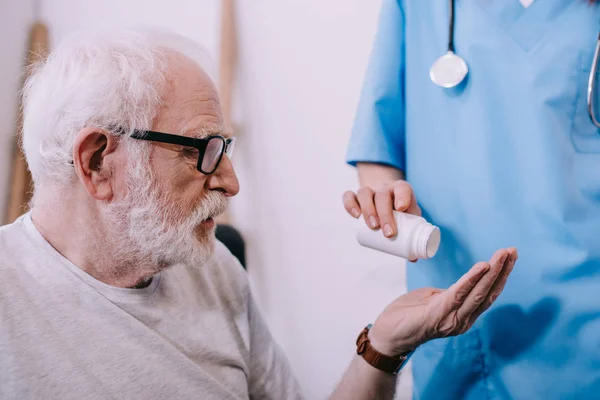
Taking all medications as prescribed by your doctor for healthy eyes after refractive surgery is extremely important. Your doctor has prescribed these medications to help you heal and prevent complications.
Here are some of the benefits of taking all medications as prescribed:
- Reduces the risk of infection
- Promotes healing
- Reduces pain and inflammation
- Helps to maintain and improve vision
- Prevents complications such as dry eye, glaucoma, and cataracts
If you have any questions or concerns about any of the medications you are prescribed, be sure to ask your doctor. They can help you to understand the medication and how to take it safely and effectively.
Here are some tips for taking all medications as prescribed:
- Set up a medication schedule and stick to it. You can use a pillbox or reminder app to help you stay on track.
- Take your medication at the same time each day, if possible. This will help to maintain a consistent level of medication in your body.
- Take your medication with food or water, unless your doctor tells you otherwise. This can help to reduce side effects such as stomach upset.
- If you miss a dose, take it as soon as you remember. However, if it is almost time for your next dose, skip the missed dose and continue with your regular schedule.
- Do not take more medication than prescribed, even if you are feeling better. Taking too much medication can be dangerous and lead to side effects.
- If you experience any side effects from your medication, talk to your doctor or pharmacist. They may be able to adjust your dosage or prescribe a different medication.
2. Avoid Rubbing Or Touching Your Eyes

Rubbing or touching your eyes after refractive surgery can be very dangerous, as it can increase your risk of infection and damage your healing cornea.
During refractive surgery, the surgeon creates a thin flap in the cornea to reshape the underlying tissue. This flap takes several weeks to heal completely. If you rub your eyes or touch them too soon, you could dislodge the flap, which could lead to serious vision problems.
In addition, rubbing your eyes can introduce bacteria and other germs into your eyes, which could lead to infection, wash your hands thoroughly with soap and water before touching your eyes.
Morso, Avoid wearing eye makeup for the first few weeks after surgery and avoid swimming and other activities that could get water in your eyes.
If you do accidentally rub or touch your eyes, be sure to wash them with water immediately and contact your doctor.
Here are some additional tips to help you avoid rubbing your eyes:
- If you feel the urge to rub your eyes, try blinking rapidly instead.
- Apply a cool compress to your eyes to help relieve itching or dryness.
- Avoid caffeine and alcohol, as these can dry out your eyes.
- Take breaks from computer and screen time.
- Get enough sleep.
By following these tips, you can help to ensure that your eyes heal properly after refractive surgery and that you maintain good vision.
3. Use Artificial Tears Or Lubricants As Needed
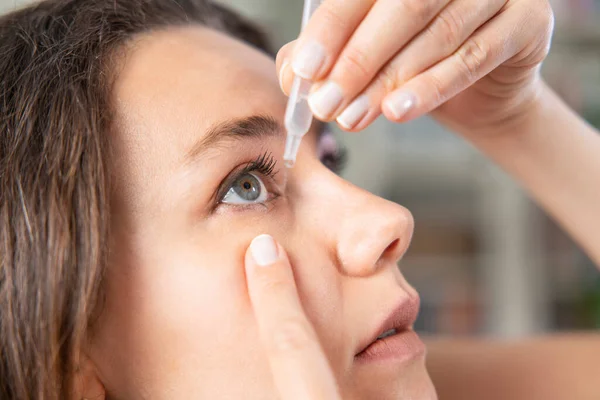
Using artificial tears or lubricants as needed after refractive surgery is important for a number of reasons.
- To relieve dry eye. Dry eye is a common side effect of refractive surgery, and artificial tears can help to keep the eyes moist and comfortable.
- To reduce inflammation. Refractive surgery can cause some inflammation in the eyes, and artificial tears can help to reduce this inflammation.
- To promote healing. Artificial tears can help to promote healing of the cornea after refractive surgery.
- To prevent complications. Dry eye and inflammation can increase the risk of complications after refractive surgery, such as infection and scarring. Using artificial tears can help to prevent these complications.
When choosing an artificial tear or lubricant, it is important to select one that is preservative-free. Preservatives can irritate the eyes, especially after refractive surgery.
To use artificial tears or lubricants, simply place a drop or two in each eye as needed. You can use artificial tears as often as you need to throughout the day.
Here are some additional tips for using artificial tears or lubricants:
- Use artificial tears before and after using eye drops prescribed by your doctor.
- Avoid using artificial tears that contain alcohol or other irritants.
- If you wear contact lenses, remove them before using artificial tears.
- Wait at least 15 minutes after using artificial tears before putting your contact lenses back in.
4. Wear Sunglasses Outdoors
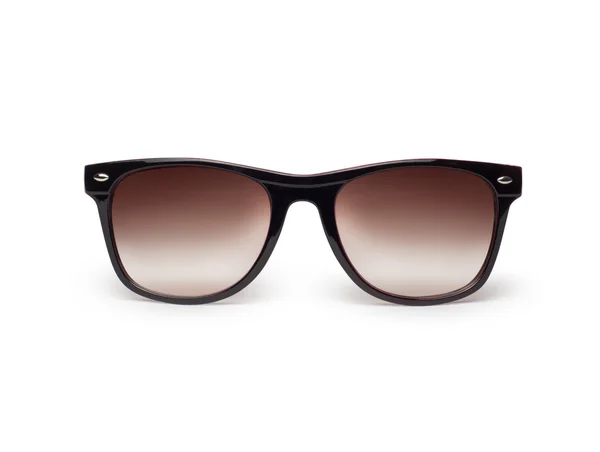
Wearing sunglasses outdoors after refractive surgery is important for a number of reasons.
- To protect your eyes from the sun’s ultraviolet (UV) rays. UV rays can damage the cornea and lens of the eye, increasing the risk of cataracts and macular degeneration.
- To reduce glare and squinting. Glare and squinting can cause eye strain and fatigue. Sunglasses can help to reduce glare and make it more comfortable to see outdoors.
- To protect your eyes from the wind and dust. Wind and dust can dry out your eyes and irritate them. Sunglasses can help to protect your eyes from these elements.
When choosing sunglasses after refractive surgery, it is important to select ones that:
- Block 99-100% of both UVA and UVB rays.
- Have wraparound frames to protect your eyes from all sides.
- Are dark enough to reduce glare, but not so dark that they impair your vision.
It is also important to avoid sunglasses that are too tight or too heavy, as these can put pressure on your eyes and cause discomfort.
Here are some additional tips for wearing sunglasses:
- Wear sunglasses even on cloudy days, as UV rays can penetrate clouds.
- Wear sunglasses when driving, as the glare from the sun and oncoming headlights can be dangerous.
- Wear sunglasses when playing sports or participating in other outdoor activities.
- Replace your sunglasses every 2-3 years, or sooner if the lenses become scratched or damaged.
5. Get Regular Eye Exams
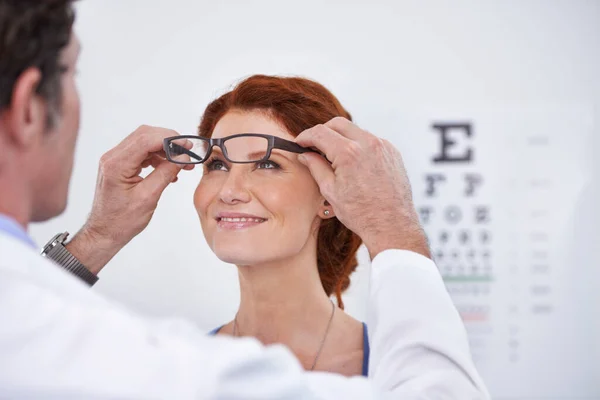
Getting regular eye exams after refractive surgery is important for a number of reasons.
- To monitor your vision. Refractive surgery can correct your vision, but it is important to continue to have your eyes checked regularly to make sure your vision remains stable.
- To detect and treat eye diseases early. Even after refractive surgery, you are still at risk for developing eye diseases such as glaucoma, cataracts, and macular degeneration. Getting regular eye exams can help to detect these diseases early, when they are most treatable.
- To ensure the safety and effectiveness of your refractive surgery. Your eye doctor will want to check your eyes regularly to make sure that the refractive surgery was successful and that there are no complications.
How often you need to have an eye exam after refractive surgery will depend on your individual needs and risk factors. Your eye doctor will recommend a schedule for you based on your age, overall health, and the type of refractive surgery you had.
Don’t miss: Puffy Eyes: The Natural Solutions That Actually Work
